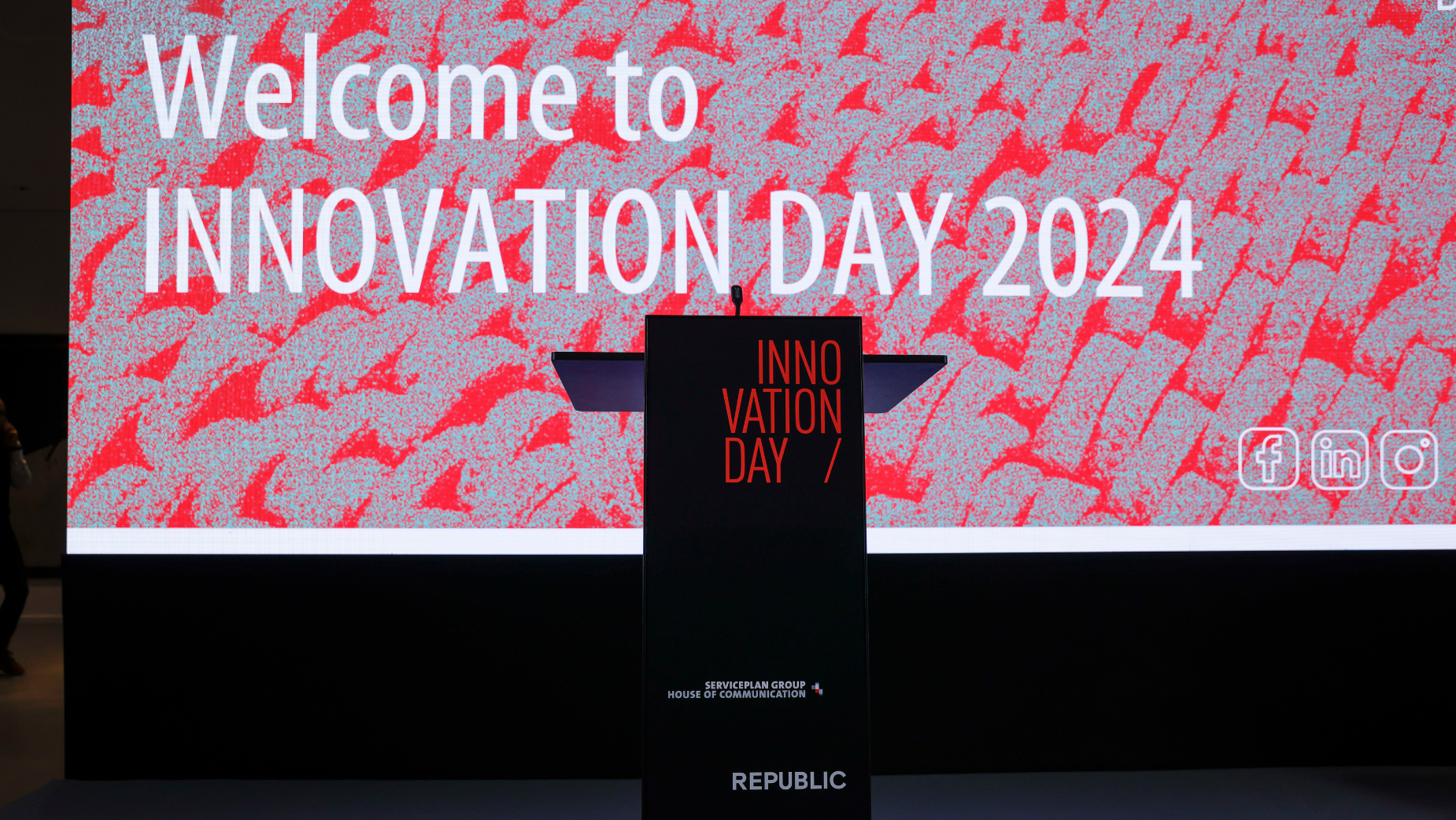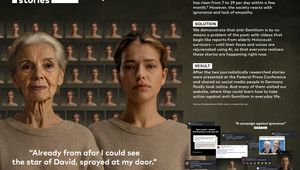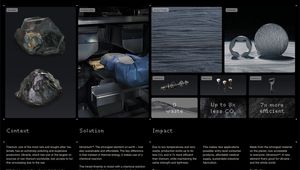
3 Innovation Day 2024 Lessons to Feel Positive About the Future

At Innovation Day 2024 in Munich, top thinkers from economics, technology, and urban planning gathered to explore a big question: Is the future positive? The answer? Absolutely, but with a few hurdles to clear first. As we face rapid changes in technology, environmental concerns, and economic shifts, how can we navigate this uncertainty? Here are three key takeaways from the day’s leading speakers that will help us move forward with confidence:
“We’ve moved from a world of insecurity to one of uncertainty"
Adam Davidson, one of the USA's most prominent business journalists and award-winning authors, kicked off the event by offering a fresh perspective on the global economy. He explained how we’ve moved from a world where survival—securing enough food, shelter, and resources—was the primary concern, to one brimming with abundance. But this shift has brought a new kind of challenge: uncertainty. Instead of worrying about survival, people now fear losing what they have.
Adam emphasised that this uncertainty has fueled populism and economic anxiety worldwide. But there’s hope. He painted a vision of a "multipolar world"—where economic power is more evenly spread across nations. In this new landscape, industries like AI-enabled manufacturing, biotech, and green energy offer exciting opportunities for growth, especially in Europe. As technology reshapes the global economy, Adam urged leaders to make smart, forward-thinking decisions to harness these changes for the benefit of all.
"Don't let AI overwhelm you, focus on the tools that can help you"
Cathy Hackl, a leading tech futurist and expert in AI and the metaverse, brought a refreshing take on AI. Rather than seeing AI as a force that replaces jobs, Hackl views it as a tool that enhances human potential: “The future is not about man versus machine, but about collaboration." From healthcare to education, AI is already making a significant difference. For example, AI helps doctors better understand their patients and tailor treatments more effectively. It also supports neurodiverse individuals in areas like job interviews, making workplaces more inclusive.
Cathy’s approach is what she calls “protopian”—not dystopian, not utopian, but somewhere in between. She believes AI has the power to democratise access to advanced tools and empower people, especially the younger Gen Alpha generation. In this world, where physical and digital realities blend seamlessly, AI can boost creativity, innovation, and collaboration, leading to a society where technology is a force for good.
“Digital is not about clicks. It is about participation and democracy”
Francesca Bria, an innovation economist and Honorary Professor at the Institute for Innovation and Public Purpose at UCL in London, highlighted how cities can become hubs of innovation, with citizens playing a central role in shaping the future. Her focus is on turning technology and data into public goods, owned by citizens rather than corporations. Francesca emphasised: "People want to participate actively and presently in decision-making."
As the former chief technology officer of Barcelona, she spearheaded data-driven initiatives addressing key urban challenges like mobility, air quality, and public involvement, stating: "Technology and AI, data - this is not a parallel world, it influences our real lives. Digital is not about clicks or passing data on to Mark Zuckerberg, it is about participation and democracy."
One of Francesca’s landmark projects, Barcelona’s superblocks, reimagined city spaces by cutting car traffic and increasing green areas, demonstrating how technology can enhance urban life and sustainability. Her model is especially relevant for European cities, where blending technology with democracy can foster smarter, greener urban environments.
A Positive Future Is Ours to Build
As Innovation Day 2024 showcased, the future is full of possibilities—but it’s up to us to shape it. Whether it's using AI to empower people, leveraging data to build smarter cities, or navigating economic shifts with optimism, the opportunities are endless. The key is to embrace uncertainty as a force for innovation. By making smart, forward-thinking decisions today, we can create a future that’s not just positive—but truly transformative.















